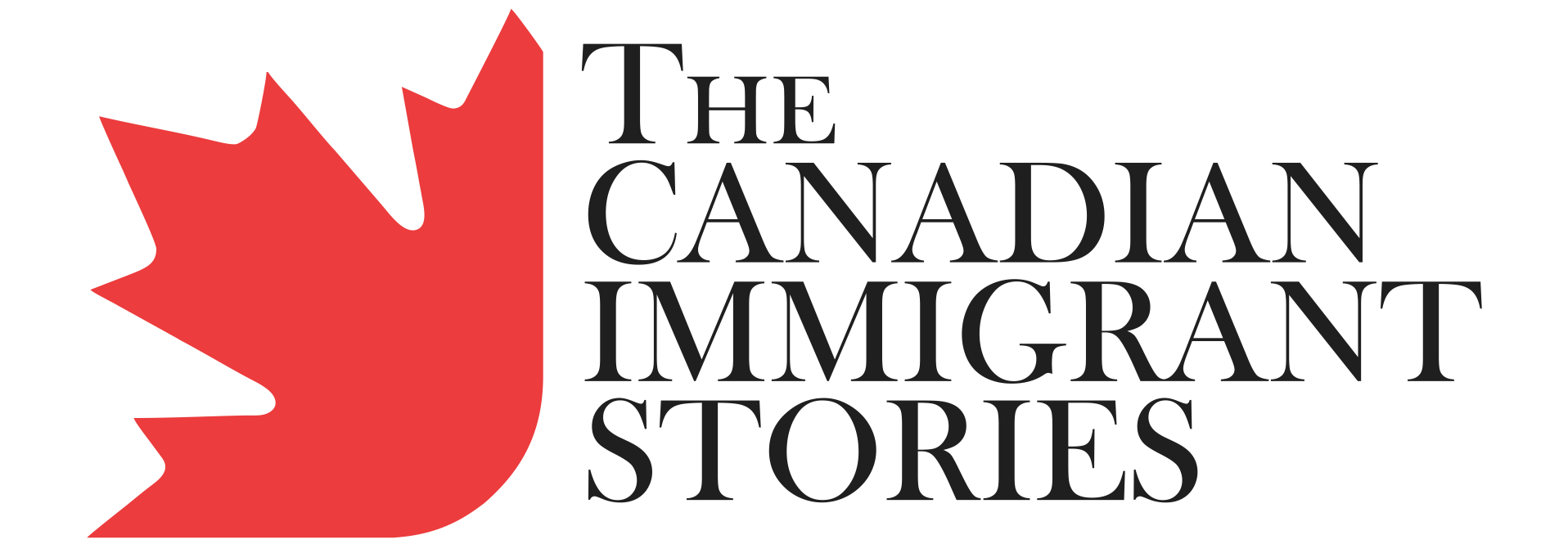IRCC Introduces Advanced Analytics and Automation to Streamline Spousal and Partner Sponsorship Processing
In a bid to enhance the efficiency of spousal and partner sponsorship applications under family class immigration, Immigration Refugees and Citizenship Canada (IRCC) has announced the introduction of advanced analytics and automated technology. This move is expected to significantly reduce processing times and improve the overall experience for applicants.
Scope of the Changes
The new processing measures will apply to all spousal and partner applications under the family class, including sponsorship applications for spouses, common-law partners, and conjugal partners. The changes aim to streamline the processing of both the sponsorship and principal applicant parts of the application.
Implementation of New Tools
IRCC has developed two new tools to facilitate the processing of spousal and partner sponsorship applications. The first tool will be used to identify cases that can be automatically approved at the sponsorship stage, while the second tool will perform a preliminary analysis of applicant eligibility at the principal applicant stage.
The automation tools will use rules developed by officers and generated through machine learning based on past applications. While the tools can identify eligible applications and send them to an IRCC officer for final approval, they cannot grant final approval or refuse applications.
Impact on Processing Times
The introduction of advanced analytics and automation is expected to significantly reduce processing times for spousal and partner sponsorship applications. IRCC has committed to responsibly deploying data-driven technologies in line with privacy requirements and human rights protection. An algorithmic impact assessment (AIA) has been completed to determine the impact of these new tools on application processing, and the department has committed to additional measures to mitigate possible risks.
Previous implementations of technology and artificial intelligence in the processing phase provide some indication of the potential impact of these changes. In 2023, the use of AI in the processing of spousal temporary resident visa (TRV) applications resulted in 98% of applications being processed within 30 days.
Commitment to Efficiency and Human Rights
IRCC has reaffirmed its commitment to efficiently processing applications while ensuring the protection of human rights and privacy. The department has implemented measures to mitigate possible risks and ensure that the new tools are used responsibly.
Benefits of Advanced Analytics and Automation
The introduction of advanced analytics and automation in spousal and partner sponsorship processing offers several benefits, including:
• Reduced processing times: The use of automation tools is expected to significantly reduce processing times, allowing applicants to receive decisions on their applications faster.
• Improved accuracy: Advanced analytics and automation can help reduce errors and improve the accuracy of application processing.
• Enhanced security: The use of automation tools can help detect fraud and improve the overall security of the application process.
• Better decision-making: Advanced analytics and automation can provide officers with data-driven insights to inform their decision-making.
• Improved applicant experience: The streamlined process is expected to improve the overall experience for applicants, reducing wait times and providing a more efficient service.
While it is currently too early to determine the impact of these new processing measures, IRCC has committed to previous implementations of technology and even artificial intelligence in the processing phase, that can provide some indication.



